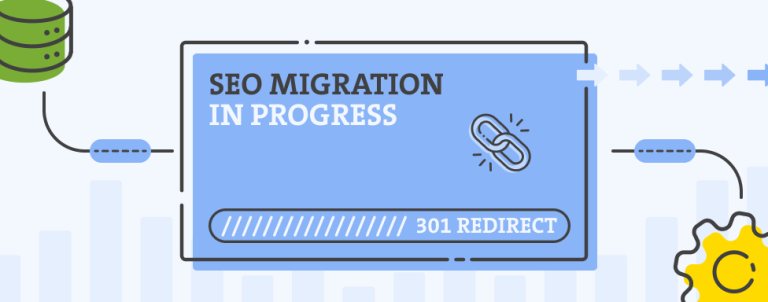When it comes to eCommerce, the performance of your PPC campaigns heavily relies on the quality of your landing pages. Assessing their quality is important to ensure they effectively convert visitors into customers. That is a key factor in every PPC audit for an eCommerce business. Regular optimization of your landing pages boosts conversions and improves user experience, leading to a better return on investment. Here is a short guide on how to assess the quality of your landing pages.
Relevance and Alignment
Ensure your landing page content matches the keywords used in your PPC campaigns for ad triggering. Also, be careful when writing ad copy. Check your landing page first, then write a copy that will align with your page.
User Experience
Review the design of your page, layout, and text. It should be simple and user-friendly. See if any distractions may confuse visitors and result in a higher bounce rate. The goal is to keep visitors on your page as long as possible and to encourage them to take desired actions. Loading speed and mobile friendliness are essential for user experience – ensure your page speed doesn’t impact it. Having your landing pages fully optimized for mobile devices is also crucial, as the number of mobile users constantly increases.
Content Quality
Assess the quality and relevance of the landing page’s overall visual content, including videos, graphics, and images. Ensure they are high quality and support the page’s textual content. Also, don’t forget to optimize your product or service descriptions to be accurate and interesting to potential customers.
Conversion Optimization
Try to analyze elements of your page that impact conversions, such as contact forms and buttons. Review your checkout process as well. A/B testing can help you compare different versions of your landing pages. Check what elements or design/content variations are affecting conversion rates positively and investigate if any areas are causing high bounce rates.
Trust Factors
Customer reviews and testimonials should be incorporated into your page as they help build trust with visitors. It is also useful to confirm the presence of security indicators such as SSL certificates, etc.
Tracking and Analytics
Without the proper tracking, it’s difficult to have the right data and insights about the success of your landing pages, and you can’t do A/B testing right. That is why it is necessary to implement tracking correctly and use tools that can give you more information about the users’ behavior.
SEO Optimization
Although SEO is not a part of the PPC audit, it is necessary to mention SEO optimization here as it greatly impacts your page visibility and traffic attraction. It also influences your PPC campaigns – better conversion rates resulting from SEO-driven enhancements can positively affect PPC campaign results.
After assessing all these factors, you still haven’t done your work entirely. Your landing pages need to be reviewed and improved regularly to continue performing well. Make sure the content is regularly updated to stay relevant. That way, you keep the bounce rate low, meaning users will be more engaged and achieve desired goals. If you want to learn more about auditing your PPC campaigns, check out our quick PPC audit guide.



